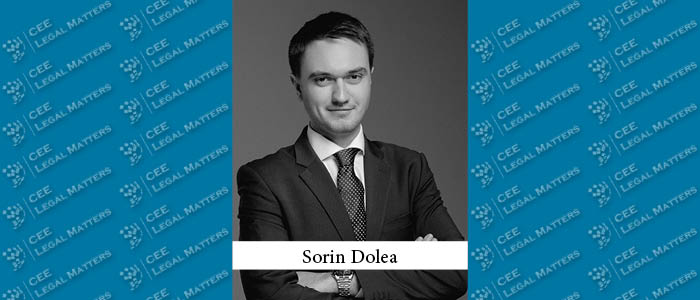On December 29, 2023, Law no.429/2023 on amendments of the Law on natural gas no.108/2018 entered into force. The amendment contains some provisions regarding the creation and maintenance of natural gas stocks. Thus, the government will undertake the necessary measures to ensure the use, until November 1 of each year, of the natural gas storage capacity in the storage facilities of other countries that are part of the Energy Community and of the member states of the European Union.
The storage capacity must correspond to a level of at least 15% of the five-year average annual consumption of natural gas by final consumers in the Republic of Moldova that are connected to the natural gas networks of licensed system operators.
The government is to identify a natural gas supplier or trader who has experience in conducting transactions and storing natural gas, and impose the obligation to store a certain amount of natural gas in underground storage facilities in other countries that are part of the Energy Community or from member states of the European Union. The amount of natural gas to be stored will be established by the government.
The holder of the storage obligation will purchase the natural gas through a competitive procurement procedure or in compliance with the rules used on the natural gas markets. At the decision of the government, the storage obligation can be replaced in whole or in part by means of an effort-sharing mechanism with one or more countries that are part of the Energy Community or with EU member states that have natural gas storage facilities.
The project also regulates the certification procedure of the storage facility operator. The document also contains provisions regarding the monitoring of compliance with the certification requirements of the National Agency for Energy Regulation. The obligation of transmission system operators to ensure permanent two-way physical capacity at all cross-border interconnections with neighboring countries will be established to ensure the security of the natural gas supply.
Also, the new amendments impose on all suppliers or potential suppliers seeking to obtain a gas supply license the obligation to hold MDL 1 million (approximately EUR 50,000) free cash on their accounts. At the same time, the conditions under which final consumers can continue to benefit from the regulated prices for the supply of natural gas will be established if they decide to change their supplier. The draft law developed by the Ministry of Energy contains rules for harmonizing the national legislation in the field with the legislation of the European Union, resulting from the commitments assumed within the Association Agreement and the Energy Community Treaty.
Finally, the amendments try to exclude the legislative vacuum regarding the express basis for license withdrawal in case of non-compliance by license holders in the natural gas sector with the legal requirements regarding the separation, independence, and/or certification of the transmission system operator. In 2016, by Law no. 108/2016 regarding natural gas, Directive 2009/73/EC of the European Parliament and of the Council of July 13, 2009, regarding common rules for the internal market in the natural gas sector was transposed into national legislation through the implementation of the Energy Package III, which represents a sine qua non in the European Union integration process, in addition to the 2010 Energy Community Accession Treaty and the Treaty signed for the European Union Accession Agreement. One of the basic commitments undertaken by the Republic of Moldova in relation to the European Union in the energy sector is to ensure the separation and independence of natural gas transport system operators from vertically integrated enterprises that carry out the activity of production, distribution, storage, trading, or supply of natural gas, as well as toward any company that controls the companies carrying out these activities. The determination of whether all the requirements regarding the separation and independence of the transmission system operator are met is made through the certification procedure by the national regulatory authority and is subject to approval at the EU level by the Secretariat of the Energy Community. This exercise is a basic precondition for the creation and operation of a competitive energy market and ensuring the non-discriminatory access of all system users to the natural gas transport infrastructure.
By Sorin Dolea, Managing Partner, Dolea & Co
This article was originally published in Issue 11.3 of the CEE Legal Matters Magazine. If you would like to receive a hard copy of the magazine, you can subscribe here.
















